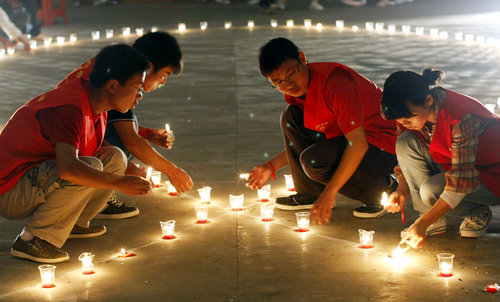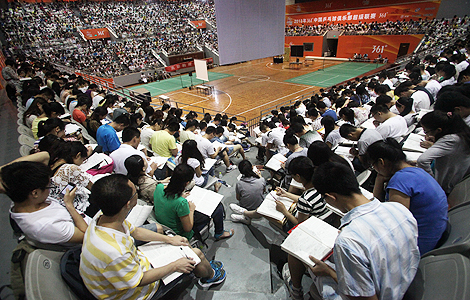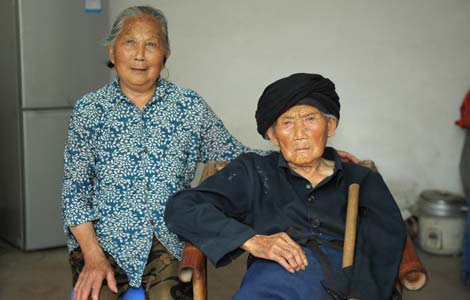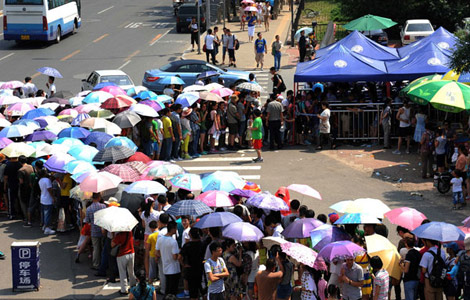


Wang, who has been attending university in Beijing for more than six years, reflected on those fears. He said even though he does not have HIV, he has never told anybody at his university about his situation at home for fear of similar discrimination amongst his college peers.
"I am afraid that people won't understand and I don't know how they will react," he said.
Two-thirds of those interviewed for the report also said they were ashamed of their condition and felt guilty because of it. Over 75 percent blamed themselves for contracting HIV/AIDS.
"We must de-dramatize how people view HIV," said Executive Director of UNAIDS, Michelle Siebe.
He said that education was a crucial element to not only stopping the stigma against AIDS, but also stemming the spread.
Many people refuse to get HIV/AIDS tests because they fear the results, he said.
"Why would they go for testing when they are going to be rejected from society if found positive?" he said.
The China Stigma Index echoed Siebe's concerns, finding that more than one-fifth of those surveyed did not get tested voluntarily, but instead were forced to take an HIV/AIDS test during a medical examination.
While many of the statistics from the report paint a grim picture for those living with HIV/AIDS, Li said that the attitude of both HIV positive and healthy people are headed in the right direction.
"Civilized society is developing," she said. "People in China are more stabilized and people are gaining more awareness and respect for HIV positive people."
"What we hope to do is create a more respectable, more equal, more democratic society for all humans, not just for HIV positive people, but for all people."
|
 Students of Hainan Medical College light candles during an AIDS awareness campaign on the eve of the World AIDS Day in Haikou, South China's Hainan province, November 30, 2009.[CFP] More photos(This photo coverage of World AIDS Day will be updated continuously on December 1, 2009.) |







